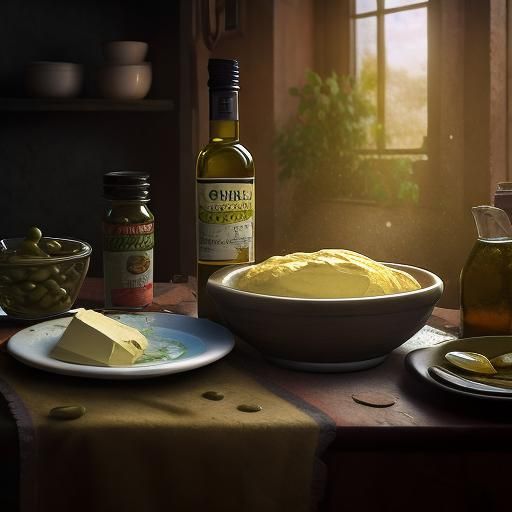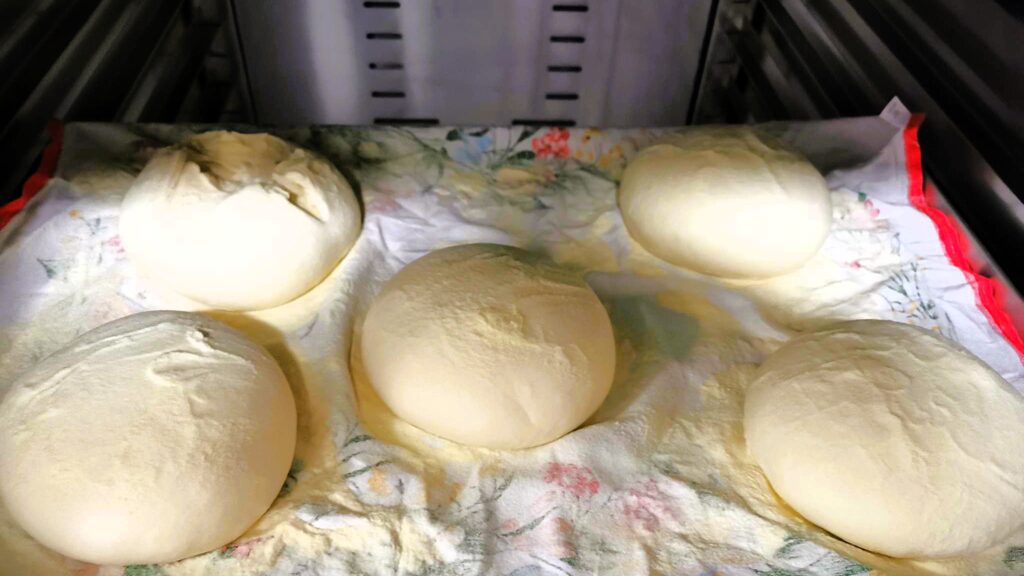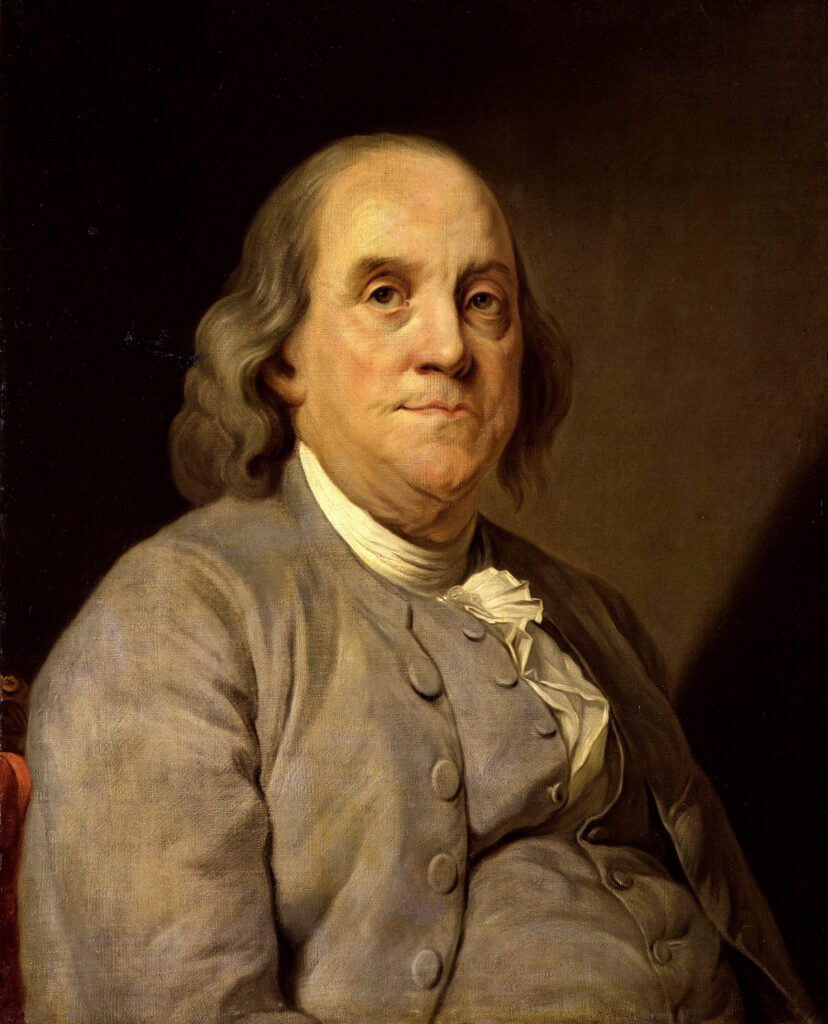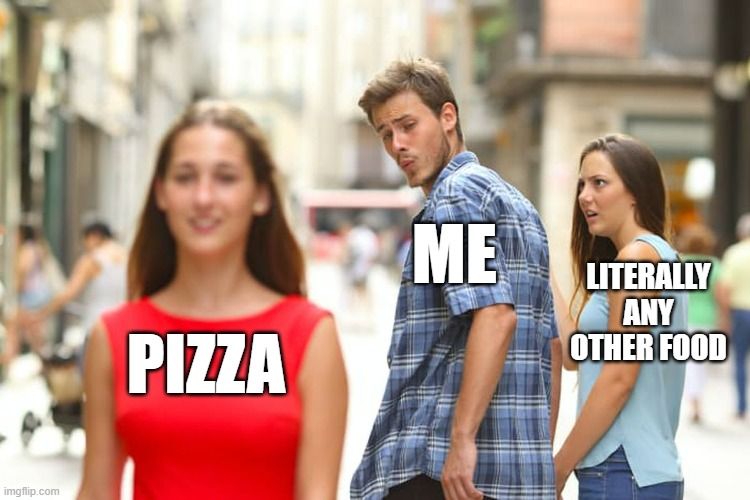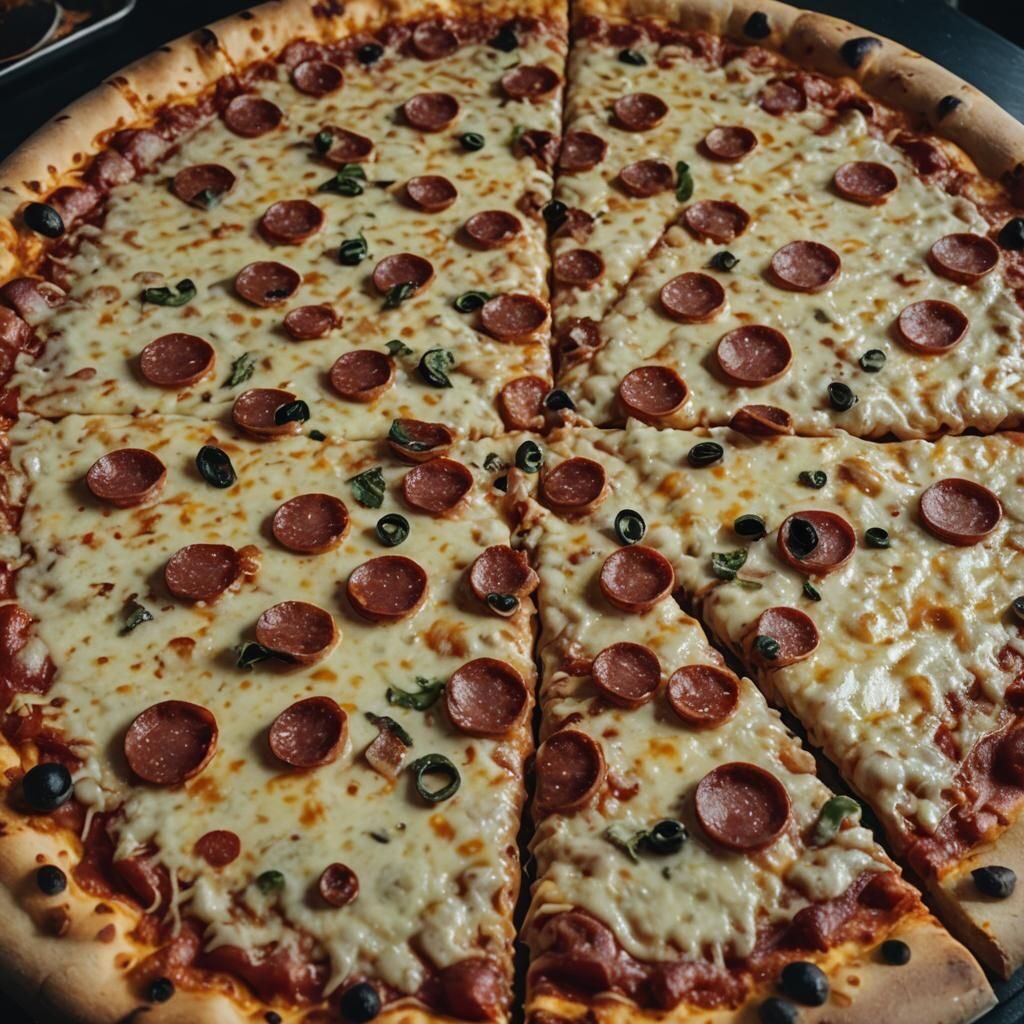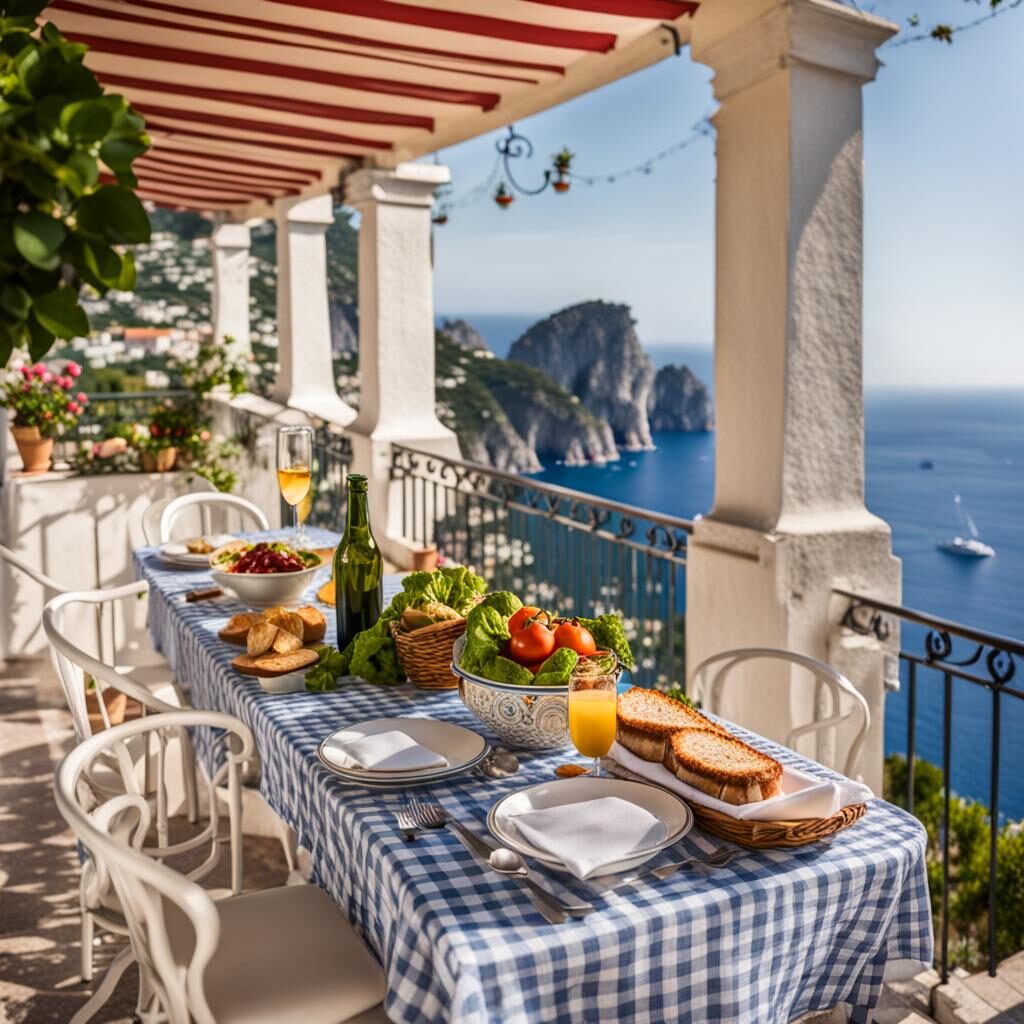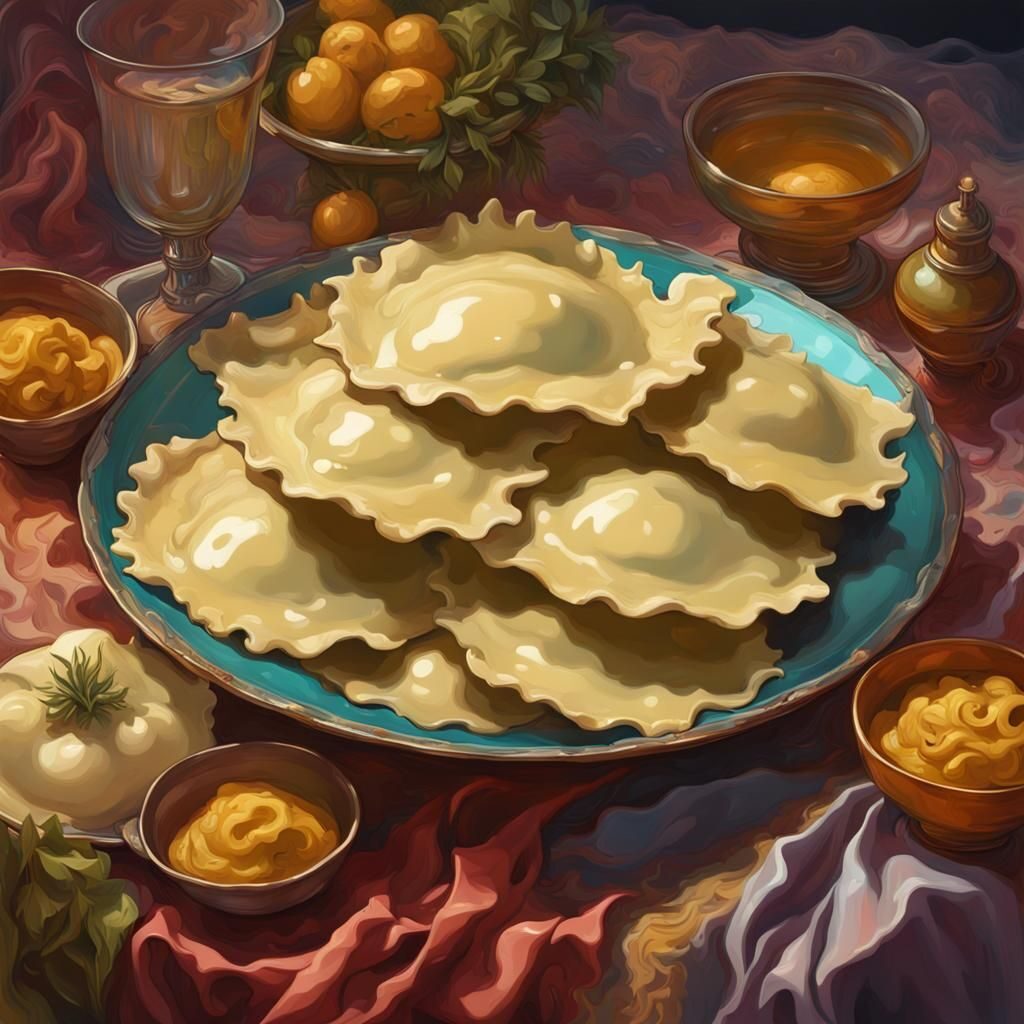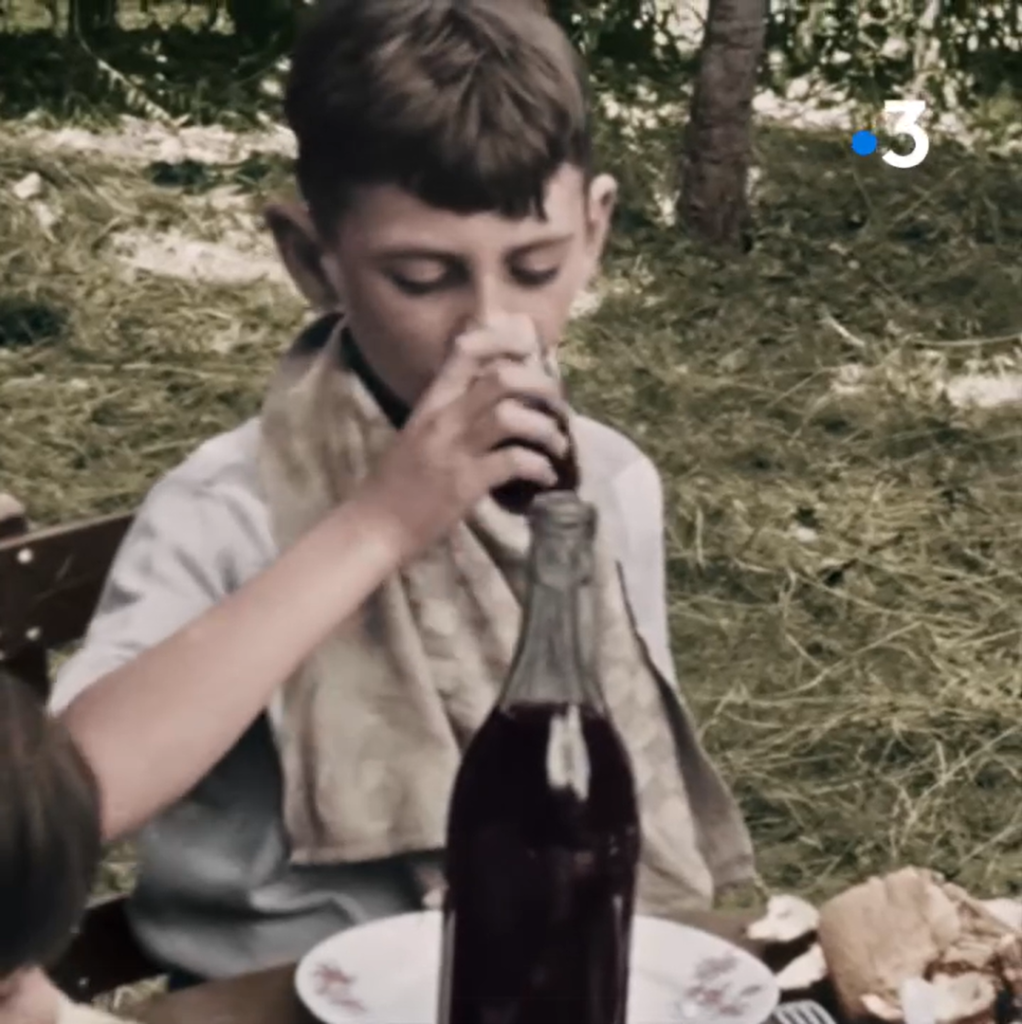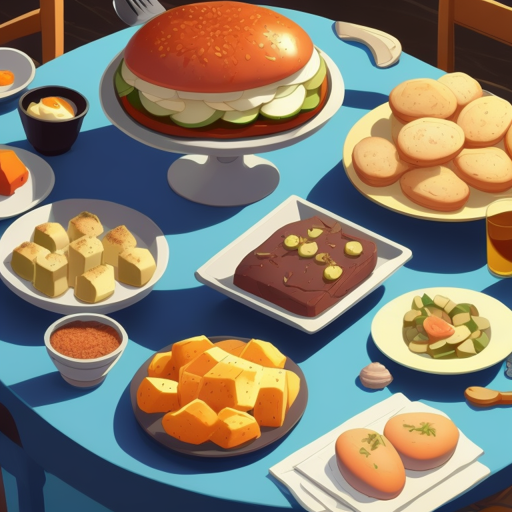The Cold War ended many years ago.
Along with it, that Iron Curtain that divided the European populations fell.
But there is another curtain, which, fortunately, no longer has anything to do with geopolitics and ideologies.
A lipid curtain, if I may paraphrase.
And this one no longer cuts the old continent vertically, but rather horizontally.
It divides national cuisines on which is the preferred staple food: butter is more popular in the Central European area, Eastern Europe, the British Isles and Scandinavia; on the other hand, olive oil in the Mediterranean area, the Balkans and the Middle East.
Both foods are key elements of many traditional cuisines, they are very ancient and were born (more or less) in the same period and in the same macro-region of the world.
But when was this curtain born?
The butter-making process requires a certain climate, quite cool, typical of mountainous regions or the northernmost regions of Europe. Unlike the olive tree, a cultivar that has thrived in the regions bordering the Mediterranean.
Thus, we can say that the first division has geographical roots.
With the passing of the centuries and the evolution of societies, cultural divisions made their appearence.
Greeks and Romans, fundamentally snobbish even when it came to eating habits, considered butter nothing more than a women’s cosmetic (ironically, they thought the same of another drink common up north: beer).
Hence the refusal to integrate that ingredient into their cuisine.
In the Middle Ages, the Church opposed butter, considered a fatty food and not compliant with the rules of fasting and Lent. Until an absolution tax was invented, in which the Faithful could eat butter without the fear of being damned for eternity.
The poor sod was subject (hear hear!) to a small tribute, to be paid directly to their local Priest. This pissed off Martin Luther quite a bit: the monk who started the Reformation asserted that
“In Rome, they make a mockery of fasting while they force us to consume olive oil which they wouldn’t even use to grease the leather of their shoes. And they sell us the allowed to eat fat. Eating butter seems more serious than lying, blaspheming or committing impure acts.”
In the following centuries, where migrations, conflicts, changes in borders, and whatnot, followed one another, oil and butter continued to be substitutes rather than complements, due more than anything else to culinary traditions, given that the technology of transport and conservation of foods made both widely available anywhere in Europe.
So, do you use more butter or olive oil? I guess it mostly depends on what you’re cooking, right?
Anyway: if you work in catering and/or hospitalityindustry and you are interested in my #copywriting and/or #contentwriting services, just DM me!

 Italiano
Italiano
